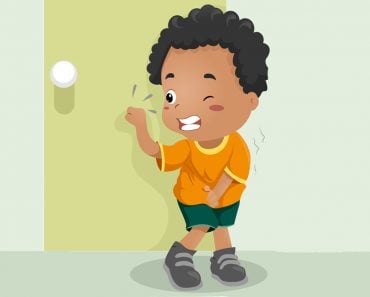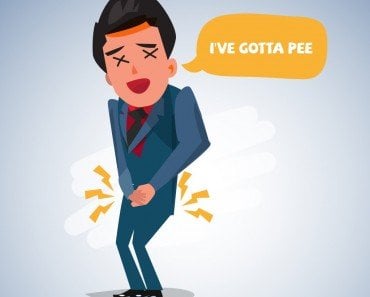Table of Contents (click to expand)
When you feel like you have to pee a lot after being in the cold, it’s because your body is trying to keep you warm. The cold makes your blood vessels constrict, which makes your blood pressure go up. The body responds by getting rid of excess water by making you pee.
Imagine the scene – a cold winter wind blowing as you hurry home, with an extra spring in your step because you’re desperate to reach the bathroom. It seems like every second in the cold makes your body even more determined to let out a steady stream of pee.
If you’ve ever had this happen, don’t worry… there’s nothing wrong with you. It’s completely normal, but it happens for a reason you might not expect – a phenomenon called cold diuresis.
Recommended Video for you:
The Motivation For Urination
Our body has countless methods of self-preservation, and being exposed to the cold stimulates quite a few processes to keep us safe. In order to maintain our core body temperature, we experience something called vasoconstriction when we get cold. Essentially, when blood passes through our veins and near our skin, the external cold cools the blood, which then moves through our body, lowering our core temperature. To prevent this, the body keeps as much blood as it can near the core, where it can stay warm. Blood vessels and capillaries in our extremities, like the fingers, toes, ears, and nose, will constrict, allowing less blood to flow through those areas.
However, when the body constricts those blood vessels, there is less space for the blood to occupy, but the same amount of blood! As you can probably guess, this causes blood pressure to increase. This is when the cold diuresis kicks in. Since the body would prefer to keep itself warm without boosting blood pressure, it will try to relieve that pressure in a different way. There is a small amount of water in our blood, so the body essentially squeezes out that water to re-balance the pressure.
There is a particular hormone, called the anti-diuretic hormone, which will decrease as blood pressure rises. This signals the kidneys to pull out the water from the blood and store it in the bladder. This more dilute urine in the bladder, as we would expect, makes us feel that urge to pee! Even more interesting is that a full bladder is a very good place for additional heat loss, so the body is eager to eliminate it and maintain the appropriate core temperature in cold weather.

Is That The Only Explanation?
There aren’t exactly hundreds of people studying the intricacies of human urination, but there have been a few other suggestions of why people are so pee-happy in cold weather. One idea argues that aquaporins, the proteins that facilitate water transport through our cells walls, is to blame. Essentially, when we are exposed to cold weather, aquaporins are inhibited around the body, making it impossible for water to be taken in by cells, leaving a lot more of it in the blood. Again, the body will try to balance that pressure, pulling water from the blood and storing it in the bladder.
Another study argued that cold diuresis is exacerbated by an increase in hydrostatic pressure on the water near the skin forces that liquid closer to the core of the body, where it is conveniently stored in the bladder, which causes us to pee.
The explanation may simply be cold diuresis, or some combination of all these natural processes of the body. One of the best ways to prevent or mediate this normal response is to drink less liquid when it’s cold out. Next time you start feeling antsy for a pee after spending some time out in the winter wind, remember that you’re not the only one – it happens to everyone!













